Professor Cao Ting, a former research manager at Microsoft Research Asia (MSRA), has just moved to work at the Institute of Artificial Intelligence Industry Research (AIR) at Tsinghua University - the number 1 ranked school in Asia and top 20 in the world , according to the South China Morning Post .
MSRA is the largest research center of Microsoft Corporation outside the United States, founded by billionaire Bill Gates in Beijing (China) since 1998. MSRA is famous for training many of the world's leading AI and computer science experts, contributing to both China and the international scientific community.
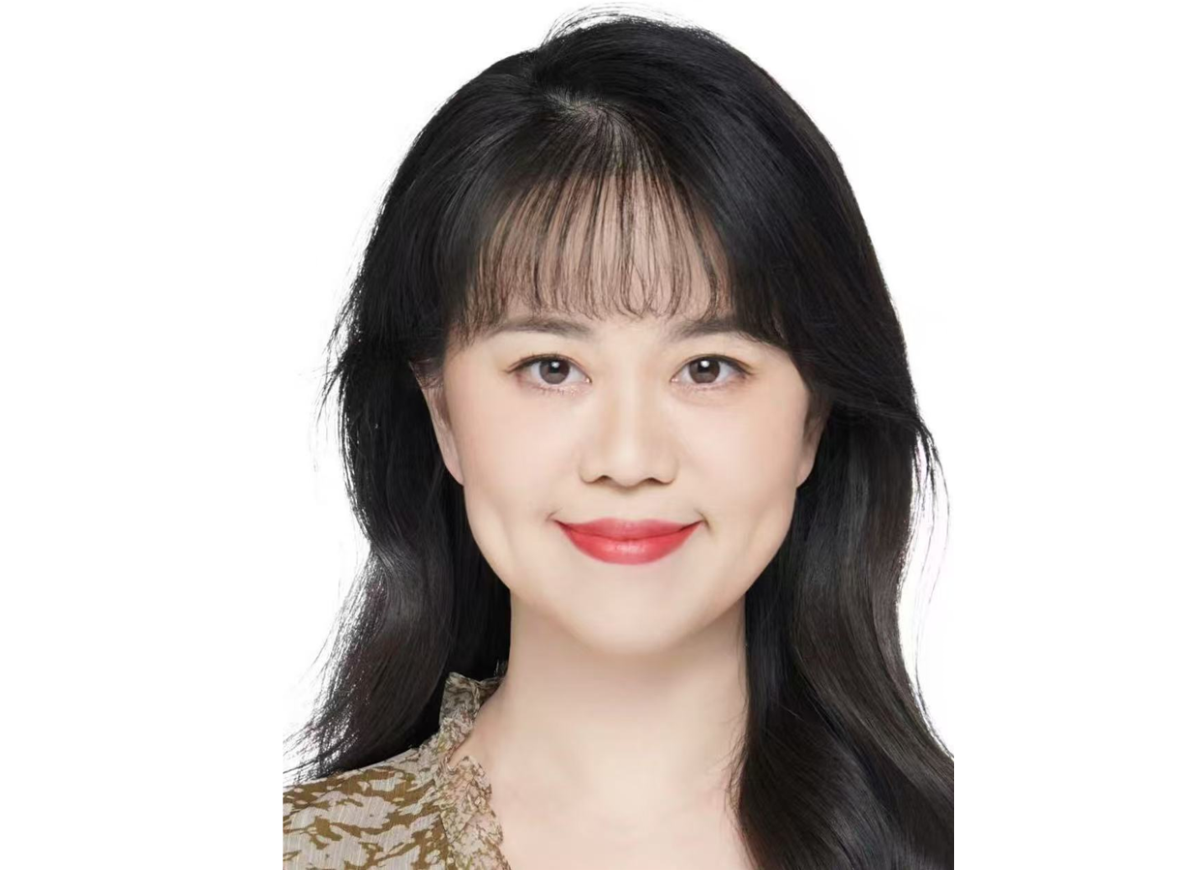
MSRA conducts cutting-edge research in artificial intelligence, computer systems, natural language processing, and image recognition. When Bill Gates founded MSRA, he hoped to take advantage of China's abundant talent pool and turn it into a symbol of scientific and technological cooperation between the world's two leading economies . Over the past two decades, the lab has trained and attracted generations of outstanding AI experts, contributing to both Microsoft and the global technology industry.
According to the Tsinghua University website, Professor Cao Ting is one of the world's leading experts in artificial intelligence and machine learning systems. She received her PhD from the Australian National University under the guidance of renowned professors Steve Blackburn and Kathryn McKinley, with research on energy-efficient hardware and software design.
Her work was highly appreciated by Professor David Patterson - winner of the Turing Award - the most prestigious award in the field of computer science (often referred to as the Nobel Prize of technology) and quoted in the classic book "Computer Architecture: A Quantitative Approach".
Throughout her career, Cao has published numerous papers at leading international conferences on computer systems and artificial intelligence. Her work has directly contributed to the deployment of complex neural network models on mobile phones and personal computers, which have been integrated into products from both Microsoft and Huawei, reaching millions of users.
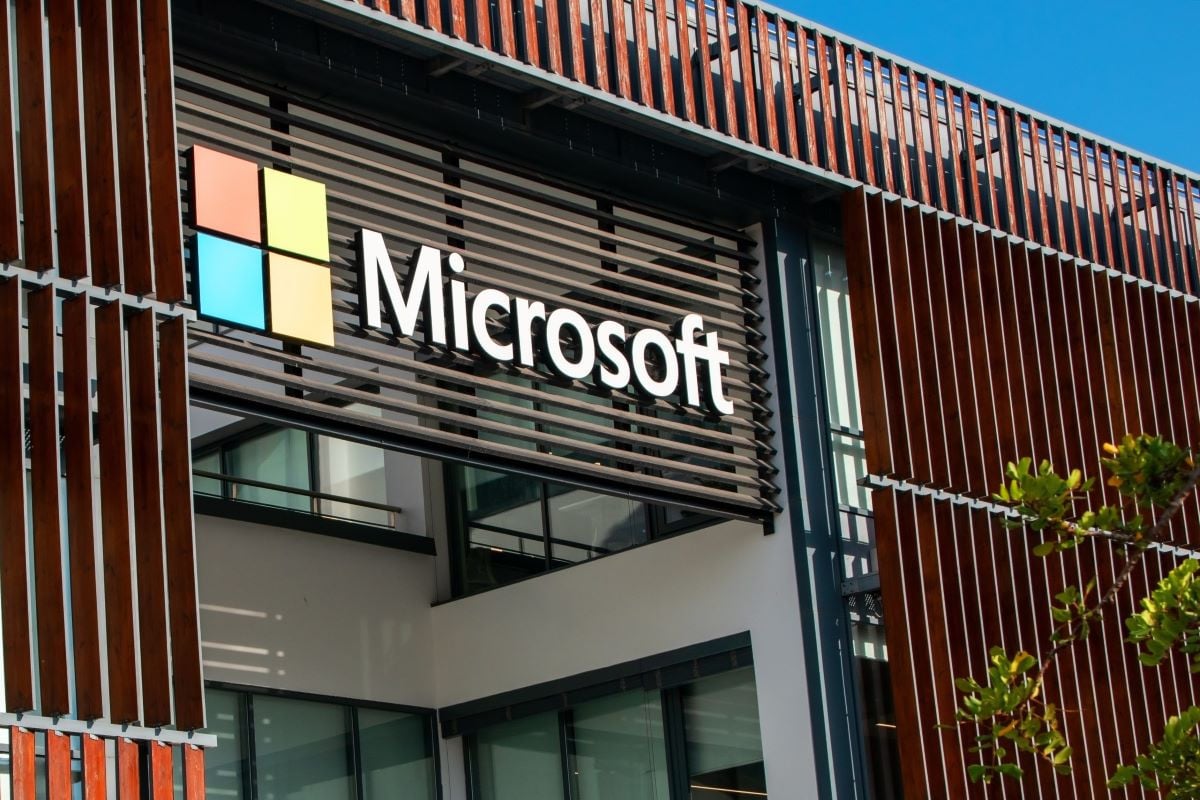
Professor Cao's return to Tsinghua University's AIR comes as Microsoft's artificial intelligence research center in Beijing is under pressure from US restrictions on AI cooperation with China, along with the rapid rise of domestic AI companies.
The challenges have led to a wave of departures from MSRA, raising doubts about the long-term prospects of the research center, which was established in 1998 and is now Microsoft's largest facility outside the United States.
Recent geopolitical upheavals have changed the landscape of scientific collaboration. Export controls and new strict regulations from the US government on sharing cutting-edge AI technology have left researchers with a choice: stick with US companies or return to their home institutions.
Professor Cao Ting's departure from Microsoft's research institute was considered by the national media to be not only a personal event but also a reflection of a general trend: China is trying to strengthen its domestic AI capabilities in the context of fierce competition with the US.
Since announcing the “New Generation AI Development Plan” in 2017, Beijing has set a goal of becoming a world leader in artificial intelligence by 2030. One of the key pillars of this plan is to attract, retain and maximize the talent pool that has experienced the research environment at the world’s leading technology corporations.
Tsinghua University's AIR Institute, led by Professor Zhang Yayin, a longtime Microsoft veteran, is a prime example of this strategy.
The return of many experienced researchers to work at domestic facilities is creating a strong driving force for the development of China's AI industry, helping the country focus more on building an independent AI ecosystem, based on human resources trained and practiced at international laboratories such as MSRA.
Source: https://vietnamnet.vn/nu-giao-su-roi-co-quan-nghien-cuu-my-ve-nuoc-gia-nhap-dai-hoc-top-dau-2435725.html



![[Photo] Multi-colored cultural space at the Exhibition "80 years of the journey of Independence - Freedom - Happiness"](https://vphoto.vietnam.vn/thumb/1200x675/vietnam/resource/IMAGE/2025/8/26/fe69de34803e4ac1bf88ce49813d95d8)
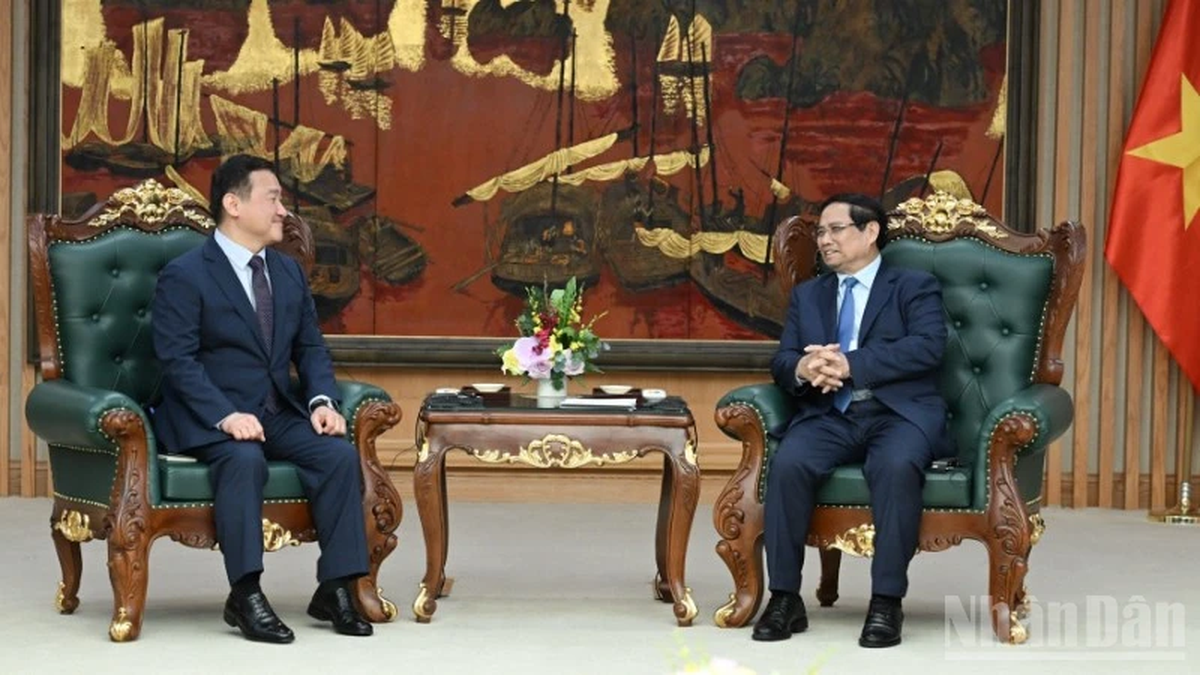
![[Photo] Prime Minister Pham Minh Chinh receives CEO of Samsung Electronics](https://vphoto.vietnam.vn/thumb/1200x675/vietnam/resource/IMAGE/2025/8/26/373f5db99f704e6eb1321c787485c3c2)

![[Photo] Prime Minister Pham Minh Chinh chairs meeting of National Steering Committee on International Integration](https://vphoto.vietnam.vn/thumb/1200x675/vietnam/resource/IMAGE/2025/8/26/9d34a506f9fb42ac90a48179fc89abb3)
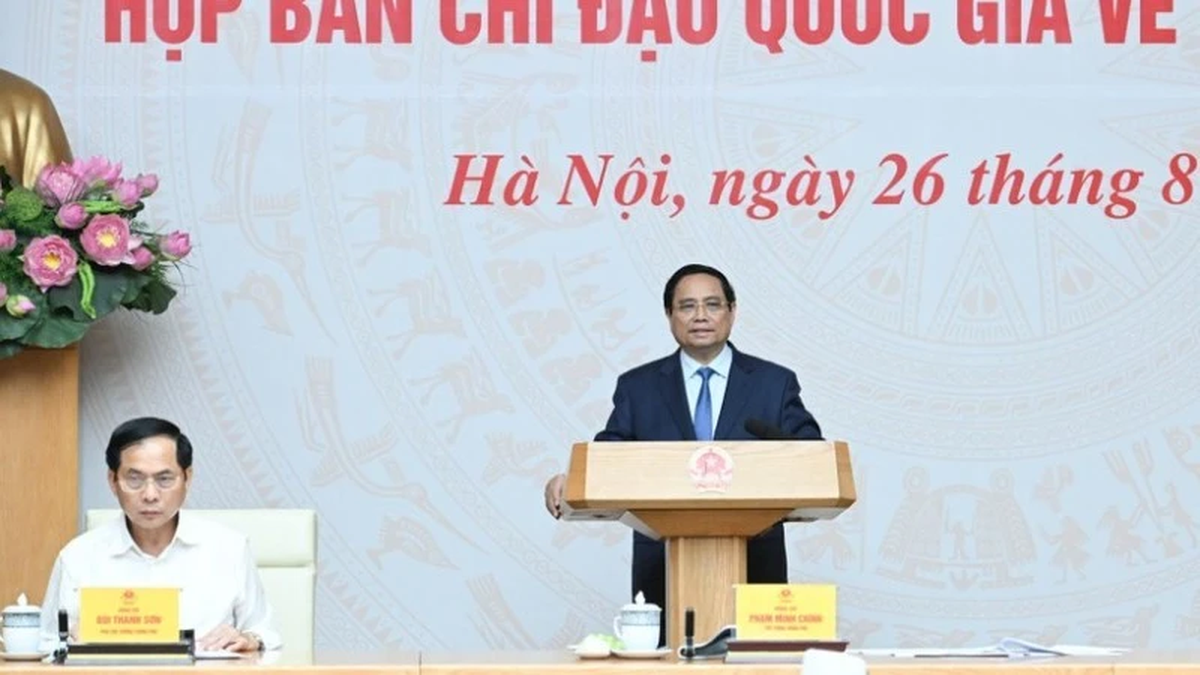


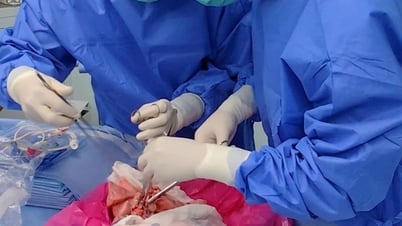
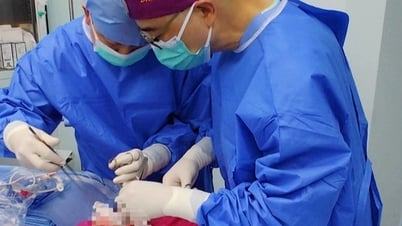


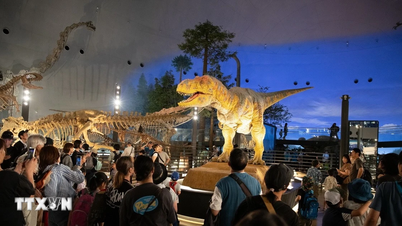


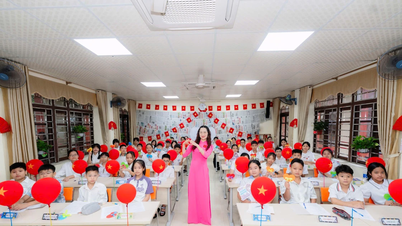

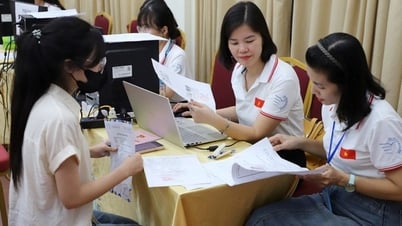

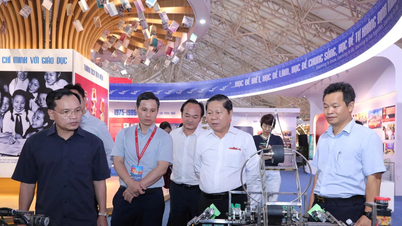
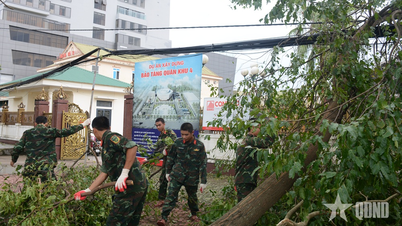

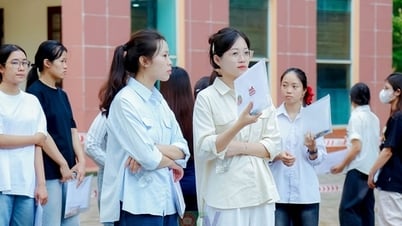

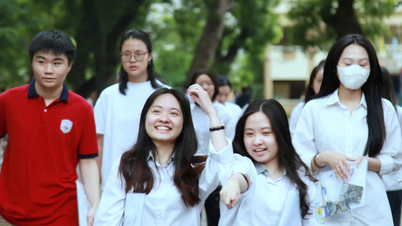





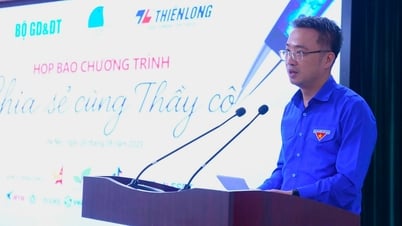
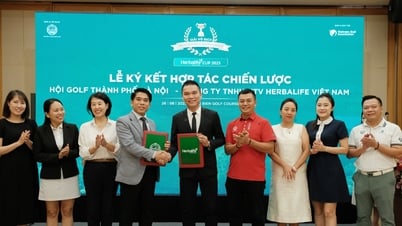






























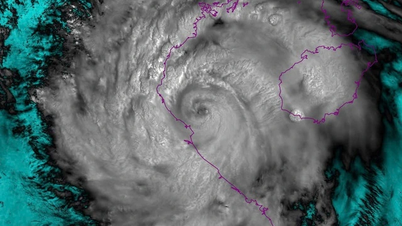


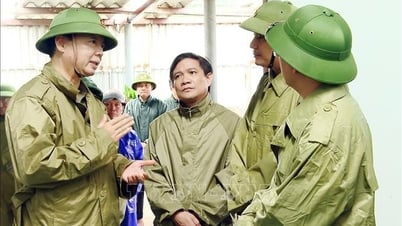

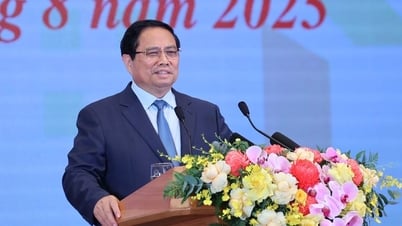
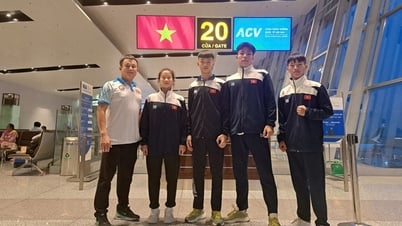

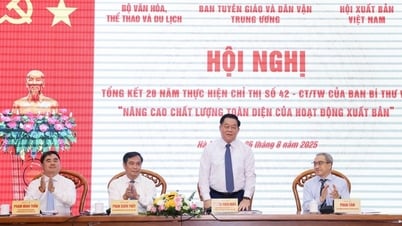
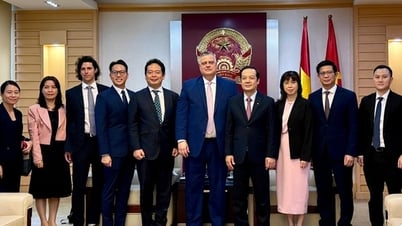

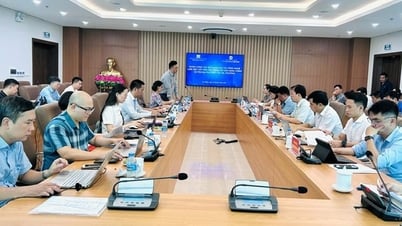
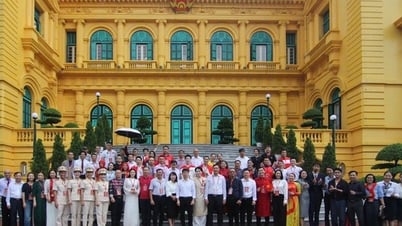
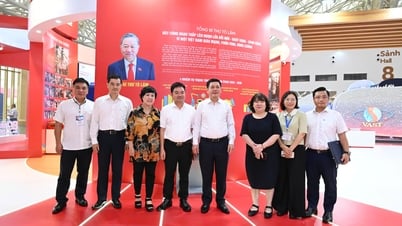





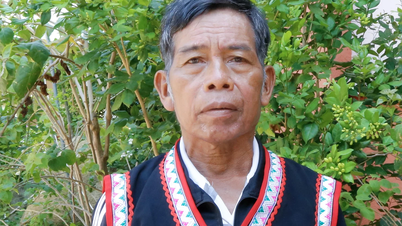


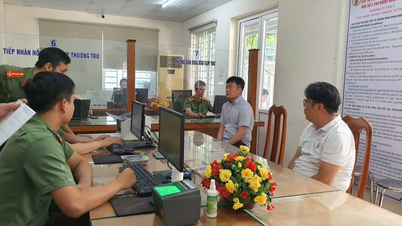






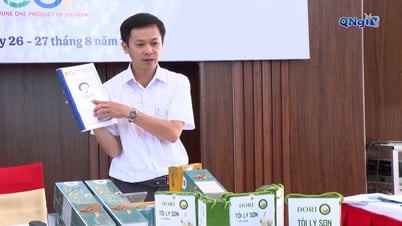







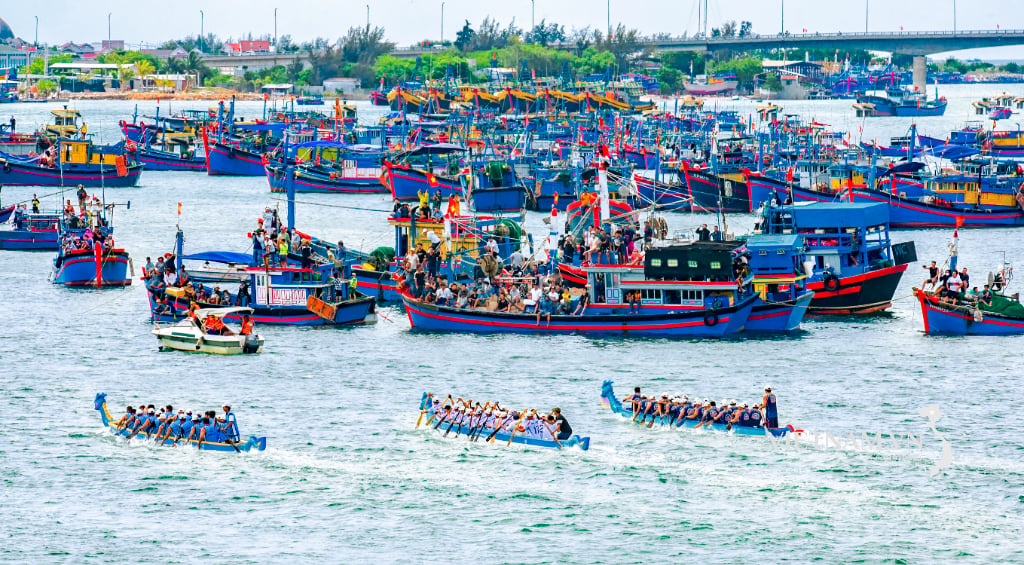

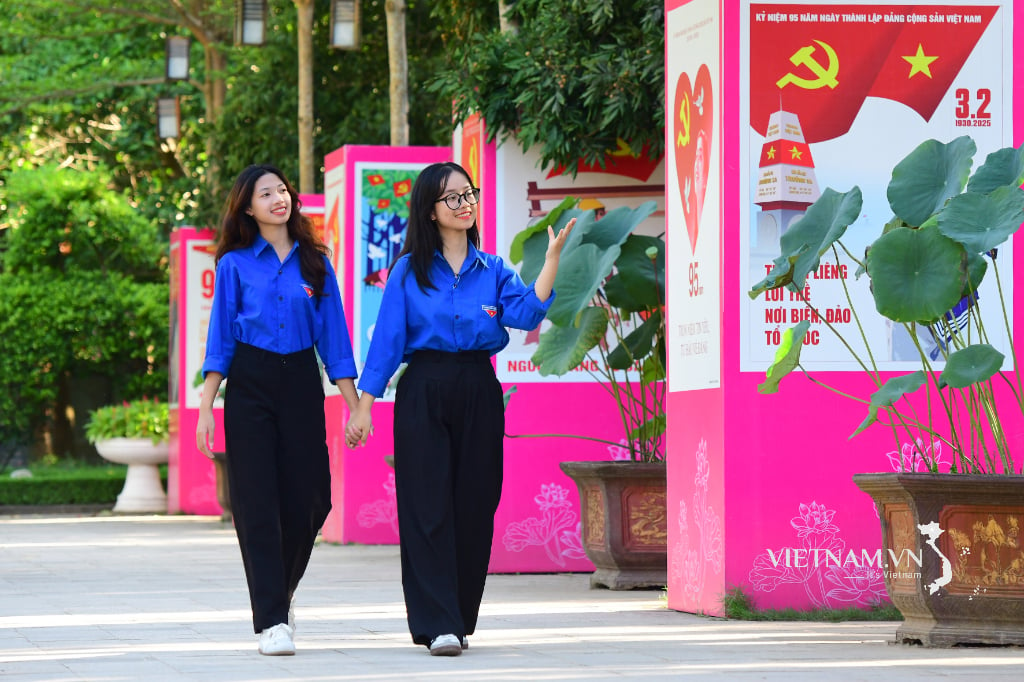
Comment (0)